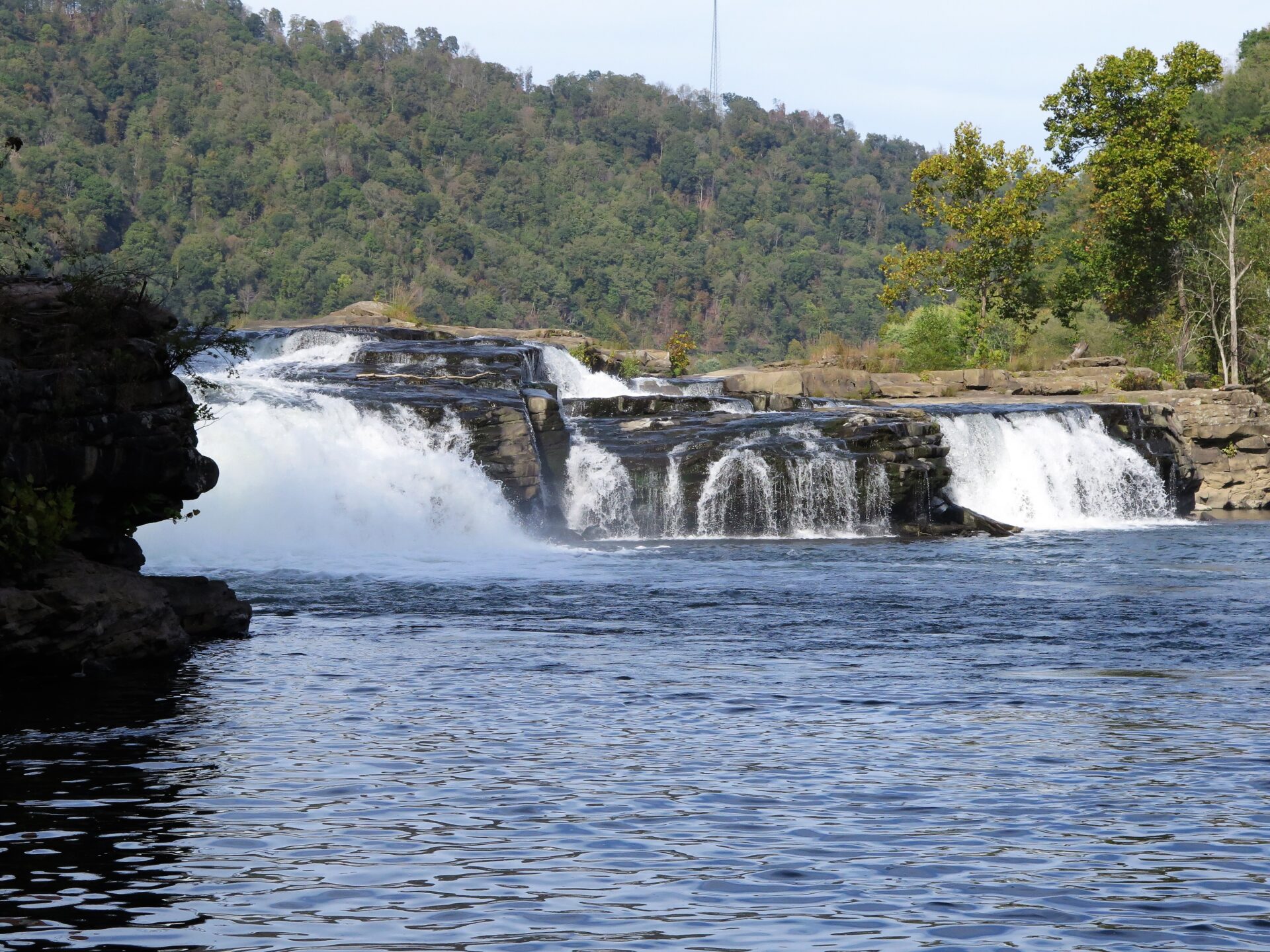The Obama administration on Monday set final rules designed to reduce the environmental impact of coal mining on the nation’s streams, a long-anticipated move that met quick resistance from Republicans who vowed to overturn it under President-elect Donald Trump.
The Interior Department said the new rule will protect 6,000 miles of streams and 52,000 acres of forests, preventing debris from coal mining from being dumped into nearby waters. The rule would maintain a buffer zone that blocks coal mining within 100 feet of streams, but would impose stricter guidelines for exceptions to the 100-foot rule.
Interior officials said the rule would cause only modest job losses in coal country, but Republicans denounced it as a job-killer being imposed during President Barack Obama’s final days in office.
Coal already is struggling under steep competition from cheaper and cleaner-burning natural gas, as well as regulations aimed at reducing greenhouse-gas pollution that contributes to climate change.
U.S. coal production has fallen to its lowest level in nearly 30 years, and several coal companies have filed for bankruptcy protection in recent months, including three of the country’s biggest coal producers, Alpha Natural Resources, Arch Coal and Peabody Energy.
Rep. Rob Bishop, R-Utah, chairman of the House Natural Resources Committee, called the new rule a final, futile attempt by Obama to kill coal jobs and continue what he called Obama’s “war” on coal.
Bishop said he looks forward to working with Trump’s team “to overturn this unparalleled executive overreach and implement policies that protect communities forsaken by this administration,” House Speaker Paul Ryan vowed that “our unified Republican government will act to provide coal country with relief.”
Hal Quinn, president of the National Mining Association, a lobbying group that represents coal producers, called the rule a “post-election midnight regulation” that is “a win for bureaucracy and extreme environmental groups and a loss for everyday Americans.”
Quinn and other opponents said the rule appears to support the environmental movement’s “keep it in the ground” efforts to reduce extraction and use of fossil fuels such as coal and oil that contribute to global warming. He argued that locking away coal reserves will put tens of thousands of Americans out of work and raise energy costs for millions of Americans.
The Sierra Club, not surprisingly, disagreed, calling the rule “a long overdue step toward guaranteeing every community in America is protected from the toxic water pollution caused by surface coal mining.” The organization said the mining dumps dangerous heavy metals such as mercury, selenium and arsenic into local waterways and “puts the health of families living near coalfields at risk.”
An Interior official projected that fewer than 300 jobs would be lost after the regulation takes effect next month.
The rule would require companies to restore streams and return mined areas to conditions similar to those before mining took place. Companies also would have to replant native trees and vegetation.
The administration said the rule updates requirements in place since 1983. The biggest impact will be felt in states such as West Virginia, Ohio, Kentucky and Pennsylvania.
